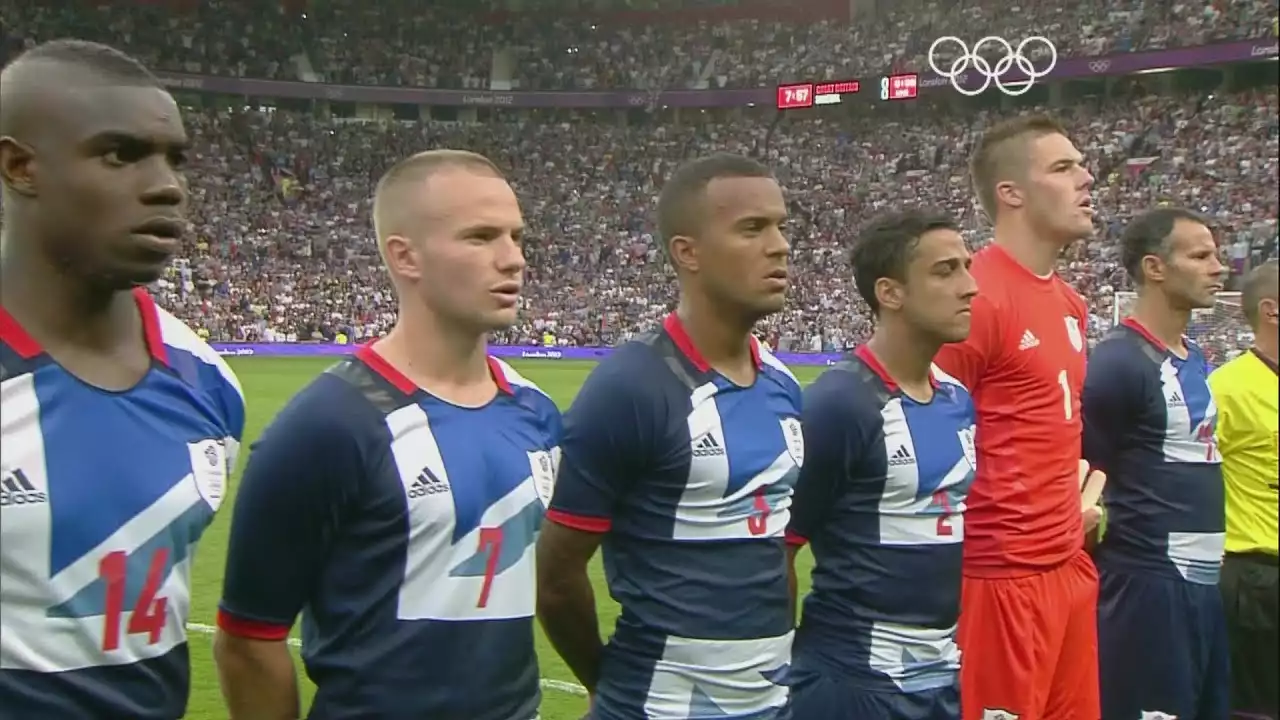The Origins of Amateurism in Olympic Football
The origins of amateurism in Olympic football can be traced back to the late 19th century when the Olympic movement gained momentum. The founders of the modern Olympics believed in the ideal of amateurism, considering it a vital principle that would ensure fair competition and preserve the spirit of sportsmanship. Amateurism was seen as a way to distinguish the Olympics from professional sports, which were often associated with commercialization and corruption.
Football, being one of the most popular sports globally, naturally found its place in the Olympic program. However, in the early years, the concept of amateurism and its definition were still evolving. The International Olympic Committee (IOC) struggled to establish clear guidelines, leading to discrepancies in the interpretation of amateur status across different countries and sports. This lack of clarity would later give rise to controversies and debates surrounding professionalism in sports.
The Controversy Surrounding Professionalism in Sports
As the popularity of sports grew, the distinction between amateur and professional athletes became increasingly blurred. Many athletes faced financial challenges and had to find ways to support their training and participation in sports. This led to the rise of under-the-table payments, sham jobs, and other forms of circumventing the amateur status rules.
The controversy surrounding professionalism in sports reached its peak during the early 20th century. Many argued that the strict adherence to amateurism stifled the development of sports by excluding talented individuals who had to rely on their athletic abilities for a livelihood. The debate intensified in the world of football, where the sport's popularity and commercial appeal were rapidly expanding.
The Development of Olympic Football Tournaments
Despite the ongoing debates surrounding amateurism, Olympic football tournaments gained traction and became a highlight of the Olympic Games. The inaugural Olympic football tournament took place in 1900, with only three teams participating. Over the years, the tournament grew in size and significance, capturing the attention of football fans worldwide.
The early Olympic football tournaments featured unique formats and regulations. The matches were often played with different rules compared to regular football, with variations in the number of players, playing time, and field dimensions. These differences added an element of unpredictability and excitement to the competition, further fueling the passion for Olympic football.
Notable Teams and Players in Early Olympic Football
The early Olympic football tournaments witnessed the emergence of several notable teams and players who left an indelible mark on the sport. Great Britain, represented by the Home Nations (England, Scotland, Wales, and Ireland), dominated the early years of Olympic football. The team's technical prowess and tactical sophistication set them apart from their competitors.
Great Britain's success can be attributed to the strong footballing culture and infrastructure established in the Home Nations. The team showcased exceptional teamwork, showcasing the unique footballing styles of each nation. Players like Vivian Woodward, Arthur Berry, and Harry Stapley became household names, leading their respective nations to Olympic glory.
The Dominance of Great Britain in Early Olympic Football
Great Britain's dominance in early Olympic football can be seen in their impressive medal haul. The Home Nations won the gold medal in three consecutive Olympic Games, from 1908 to 1920. Their tactical superiority and technical skills set the standard for other nations to aspire to. However, the rise of other footballing powerhouses would eventually challenge their reign.
Despite their success, Great Britain faced fierce competition from other nations, particularly Hungary, Sweden, and Uruguay. These teams showcased their own unique playing styles and tactical approaches, providing thrilling encounters on the Olympic stage. The battles between these footballing nations captivated audiences and solidified the global appeal of Olympic football.
The Impact of Amateurism on the Competitiveness of Olympic Football
The era of amateurism defined the early years of Olympic football and had a significant impact on the competitiveness of the sport. The strict regulations regarding amateur status meant that many talented players were excluded from participating in the Olympic Games. This led to a disparity in skill levels between nations and limited the overall competitiveness of the tournament.
However, amateurism also fostered a sense of fair play and sportsmanship among the participating teams. The emphasis on playing for the love of the game rather than financial gain created an environment where passion and dedication were the driving forces. This unique atmosphere contributed to the development of football as a sport that values integrity and sportsmanship.
Changes in Olympic Football Regulations and the Rise of Professionalism
As the 20th century progressed, the strict amateurism regulations in Olympic football began to loosen. The IOC recognized the need to adapt to the changing landscape of sports and introduced reforms that allowed the participation of selected professional athletes. This marked a significant shift in the Olympic football landscape, as the sport gradually embraced professionalism.
The inclusion of professional players in Olympic football tournaments brought a new level of skill and competitiveness to the games. It also expanded the global reach of the sport, attracting more fans and media attention. The presence of professional footballers added a layer of excitement and star power to the Olympic stage, further elevating the status of the tournament.
Legacy of Amateurism in Olympic Football
Although amateurism in Olympic football eventually gave way to professionalism, its legacy remains ingrained in the history and values of the sport. The era of amateurism symbolizes the purity of the game, where players competed for the love of football and the honor of representing their nations. The dedication, sportsmanship, and camaraderie displayed by the early Olympic footballers continue to inspire players and fans alike.
The legacy of amateurism also serves as a reminder of the complex relationship between sports and commercialization. While professionalism brought about numerous benefits, it also introduced new challenges, such as corruption, commercial interests, and the commodification of athletes. The early years of Olympic football stand as a testament to the importance of striking a balance between the purity of the game and its evolution as a global phenomenon.
The Transformation of Olympic Football from Amateurism to Professionalism
In the modern era, Olympic football has fully embraced professionalism. The tournament now features some of the world's most talented players, representing their nations on the grandest stage. The sport has become a showcase of skill, athleticism, and tactical brilliance, captivating audiences around the world.
However, the spirit of amateurism still echoes through the Olympic Games. The values of fair play, sportsmanship, and unity that were fostered during the early years of Olympic football continue to be celebrated and cherished. The legacy of amateurism serves as a reminder of the humble beginnings and the enduring power of the beautiful game.
As we conclude our journey into the era of amateurism in Olympic football, let us remember and honor the pioneers who laid the foundations for the sport we love today. Their passion, dedication, and love for football shaped the course of history and continue to inspire generations of players and fans alike.










